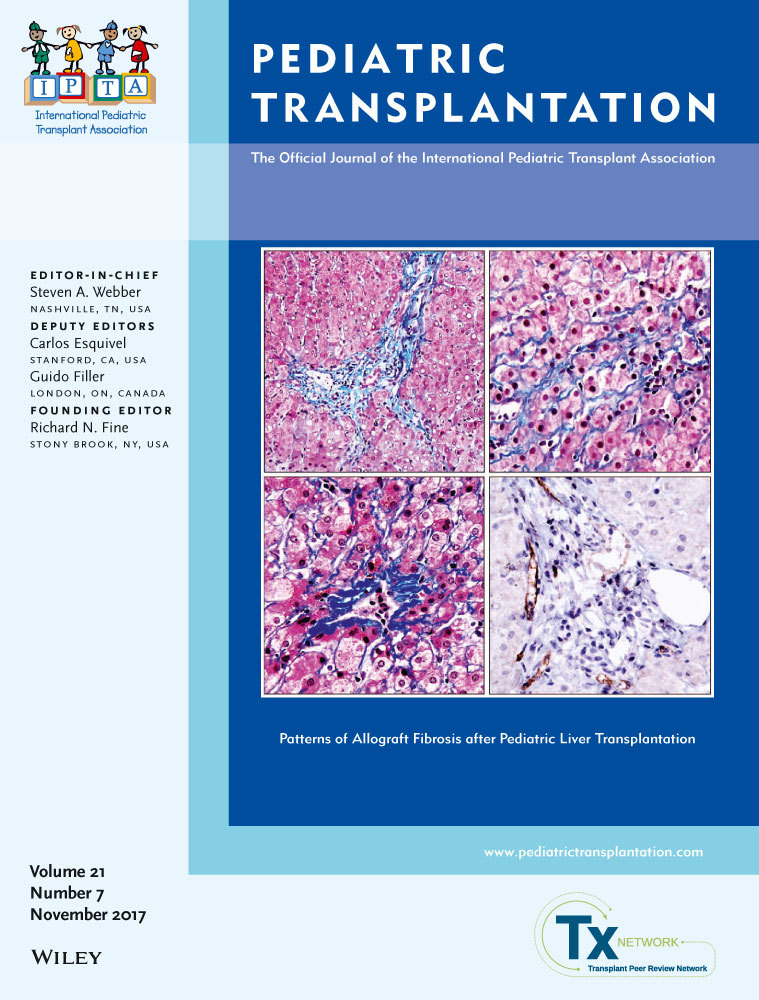A case of Chediak-Higashi syndrome presented with accelerated phase could be treated effectively by unrelated cord blood transplantation
Abstract
CHS is a rare immunodeficiency syndrome with defects in the functions of cytotoxic cells and neutrophils. Approximately 85% of patients with CHS undergo an AP within the first decade, which is similar to FHLH. Chemotherapy could induce transient remission, but only allogeneic HCT could correct the underlying genetic defect and prevent relapse. We reported a case of CHS diagnosed at 19 months, who had an elder brother who had previously succumbed to the same disease. The little girl presented with severe AP manifestations including recurrent high fever, enlarged superficial lymph nodes, and extraordinary hepatosplenomegaly occupying the whole abdominal and pelvic cavity. Comprehensive therapies including HLH 2004 protocol, supportive care, and antibiotics, especially antituberculous agents, were given to her to induce remission. After remission, the patient received fully HLA-matched UCBT. The transplantation course was uneventful, except for fluctuation of donor chimerism. The patient has been alive for 36 months without infection and neurologic manifestations and is under further follow-up. Our result provides another case that UCBT can be effective for treating patients with CHS and remission before HCT is important for good prognosis.




